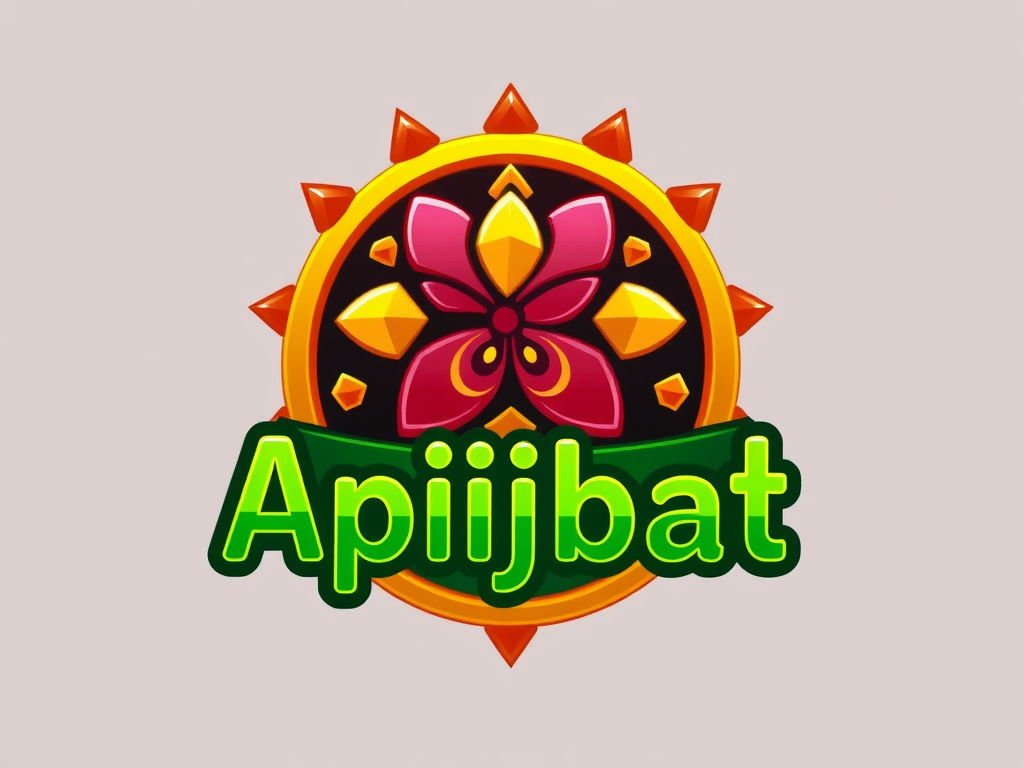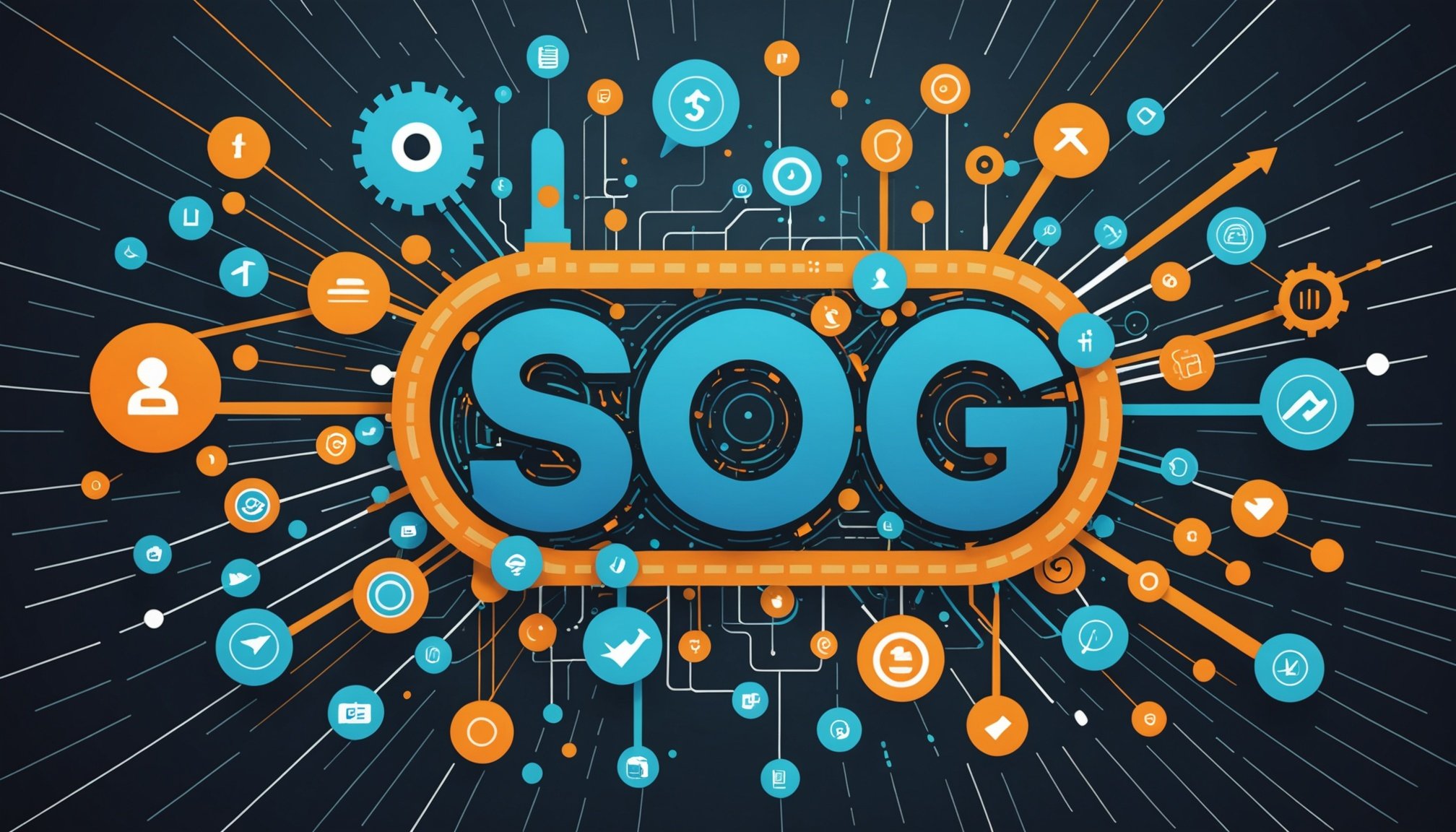Unlock the full potential of your blog with AI-driven SEO insights that save time and boost rankings. Discover how intuitive tools can automate keyword research, optimize content, and align your posts with real search intent—giving you a competitive edge without requiring technical skills or extra ad spend. Embrace smarter strategies to grow organic traffic and elevate your online presence today.
How Artificial Intelligence Transforms SEO: Benefits, Tools, and Strategies
You can view more details on this page: https://www.marblism.com/ai-employees/penny.
Have you seen this : Unlocking efficiency: how uk marketers can harness automation to optimize their workflows
Artificial intelligence is now central to SEO optimization strategies for agencies, e-commerce, and marketing teams. Using the SQuAD approach, the precise answer is: AI for SEO automates keyword research, content creation, technical audits, and real-time optimization, leading to higher accuracy and scalable results. Automated tools analyze search intent, inject relevant keywords, and streamline technical feed management.
AI-powered SEO tools help in several ways:
This might interest you : Exploring the cutting-edge uk digital marketing trends shaped by computing advances
- Significant time savings: By leveraging platforms like SEO.AI or Semrush, repetitive tasks are swiftly automated.
- Data accuracy: Machine learning models uncover search intent and gaps, providing granular, real-time optimization guidance.
- Improved ranking performance: AI-driven content and keyword selection ensure pages meet Google’s ranking logic, helping teams stay ahead as algorithms evolve.
- Scalability: Managing thousands of product listings or multiple sites becomes manageable, even without deep technical skills.
For e-commerce, agencies, and content-driven brands, advanced solutions—such as SEO.AI for automated product feed enrichment, Writesonic for rapid SEO blog post creation, and real-time indexing accelerators—have become key. The integration of tools like Semrush AI Toolkit further boosts precision for keyword research and on-page enhancements, all using AI to fulfill both user intent and platform requirements efficiently.
Core Capabilities of AI-Driven SEO Platforms
Automation of Keyword Research and Integration Based on Real Search Intent
AI powered SEO software instantly analyzes large volumes of search data to uncover patterns and prioritize keywords, going beyond manual research methods. By employing AI SEO analytics tools and techniques, these platforms determine user search intent and automatically recommend or insert high-value phrases throughout product pages, collections, and blog content. AI SEO keyword research now leverages real-time SERP insights and semantic associations, ensuring prioritized keywords mirror what users genuinely search—crucial for both emerging and mature e-commerce sites. For those new to optimization, AI for SEO beginners simplifies keyword workflows, enabling rapid deployment without extensive expertise.
Product Data and Feed Optimization for E-Commerce and Online Retail
Platforms featuring AI powered SEO software excel at optimizing structured product data. Automation in feed creation and product attribute enrichment addresses common hurdles, preventing errors that lead to lost visibility or disapprovals in listings. These systems update vital attributes using AI SEO analytics tools, maintaining up-to-date, error-free feeds adaptable for Google Merchant Center and similar retail platforms. AI SEO keyword research ensures every product is discoverable, integrating crucial terms with minimal manual intervention and empowering both large-scale retailers and smaller merchants.
AI-Generated SEO Content Creation, Blog Writing, and Real-Time Content Scoring
Harnessing ai content optimization and ai generated SEO content tools, platforms can generate authoritative blog posts, product descriptions, and other marketing copy aligned with E-E-A-T guidelines. Automated scoring assesses optimization in real time, evaluating keyword density and user experience, while AI SEO analytics tools highlight content gaps and guide ongoing refinements. For those starting out, AI for SEO beginners democratizes access to these capabilities, eliminating steep learning curves and accelerating the path to growth.
Essential Strategies and Best Practices for AI-Enhanced SEO
Combining Human Expertise with AI for E-E-A-T and Compliance with Google Guidelines
SEO optimization using artificial intelligence streamlines content development but demands care to uphold E-E-A-T (Experience, Expertise, Authoritativeness, Trustworthiness). Advanced AI SEO techniques can automate keyword research and improve passage accuracy, yet humans must ensure guidelines are followed and sources are cited. Adding detailed author bios, evidence of credentials, and clear references keeps AI content compliant and authoritative. AI is most powerful for speed and efficiency, but strategic oversight is crucial—especially in sensitive niches where trust determines ranking.
Structuring Content for AI-Mode Search Experiences
Modern ai seo optimization strategies require precise structuring at the passage level. AI tools segment content, analyze entity relationships, and verify citation-worthiness. For maximum presence, content must deliver semantic entity alignment, context, and granular insights beneficial for Google’s LLM-driven AI Mode. Well-structured, SEO AI content generators can highlight distinct topics, making each section citation-ready and relevant across query variations. This increases the chance for improved AI-synthesized results and organic visibility.
Integrating AI SEO Tools with Established Workflows
Successful adoption of ai seo optimization strategies blends SEO AI content optimization tutorials and workflow integration. Frequent audits using AI-powered analytics ensure continuous refinement while maintaining a human layer for fact-checking. Smart workflows prioritize both automation and editorial review for error reduction and sustained improvement. Leveraging AI content generation and SEO ranking tools with clear oversight drives lasting, compliant organic growth.
Challenges, Trends, and the Future of AI in SEO
Overcoming Common Challenges: Feed Mapping, Fair Use, Human Oversight, and AI Content Limitations
AI SEO optimization challenges frequently stem from complex feed mapping, ambiguous fair use guidelines, and the necessity for human oversight. Integrating AI in SEO workflows automates mapping product feeds and content attributes, but without active monitoring, inaccuracies and non-compliance with fair use can arise. Human supervision ensures that AI SEO software for blog optimization produces relevant, high-quality outputs rather than solely relying on automation. In 2025, effective management of these hurdles often combines best AI SEO automation tools with ongoing manual review, securing consistent and compliant optimization results.
Navigating the Evolving Landscape: Google’s AI Mode, Dense Retrieval, and “Relevance Engineering”
The latest AI SEO trends emphasize Google’s shift towards dense retrieval and query fan-out, demanding richer semantic content. SEO performance analysis with AI now examines passage-level data instead of page-level, prioritizing segments that align closely with search intent. “Relevance engineering” emerges as a priority, where integrating AI in SEO workflows refines knowledge graph alignment for greater visibility. AI SEO software for blog optimization now optimizes passages, not just whole pages, for AI-driven search results.
Preparing for Multimodal, Citation-Focused, and Highly Personalized SEO Ecosystems
Emerging trends signal the rise of multimodal search, where content diversity—text, video, images—is critical. AI SEO optimization challenges are amplified by expectations for accurate citations and tailored personalization. Using best AI SEO automation tools becomes essential to adapt content for citation and user context, while robust SEO performance analysis with AI enables continual improvement. Adaptability and data-informed iteration will define success as AI reshapes SEO.




